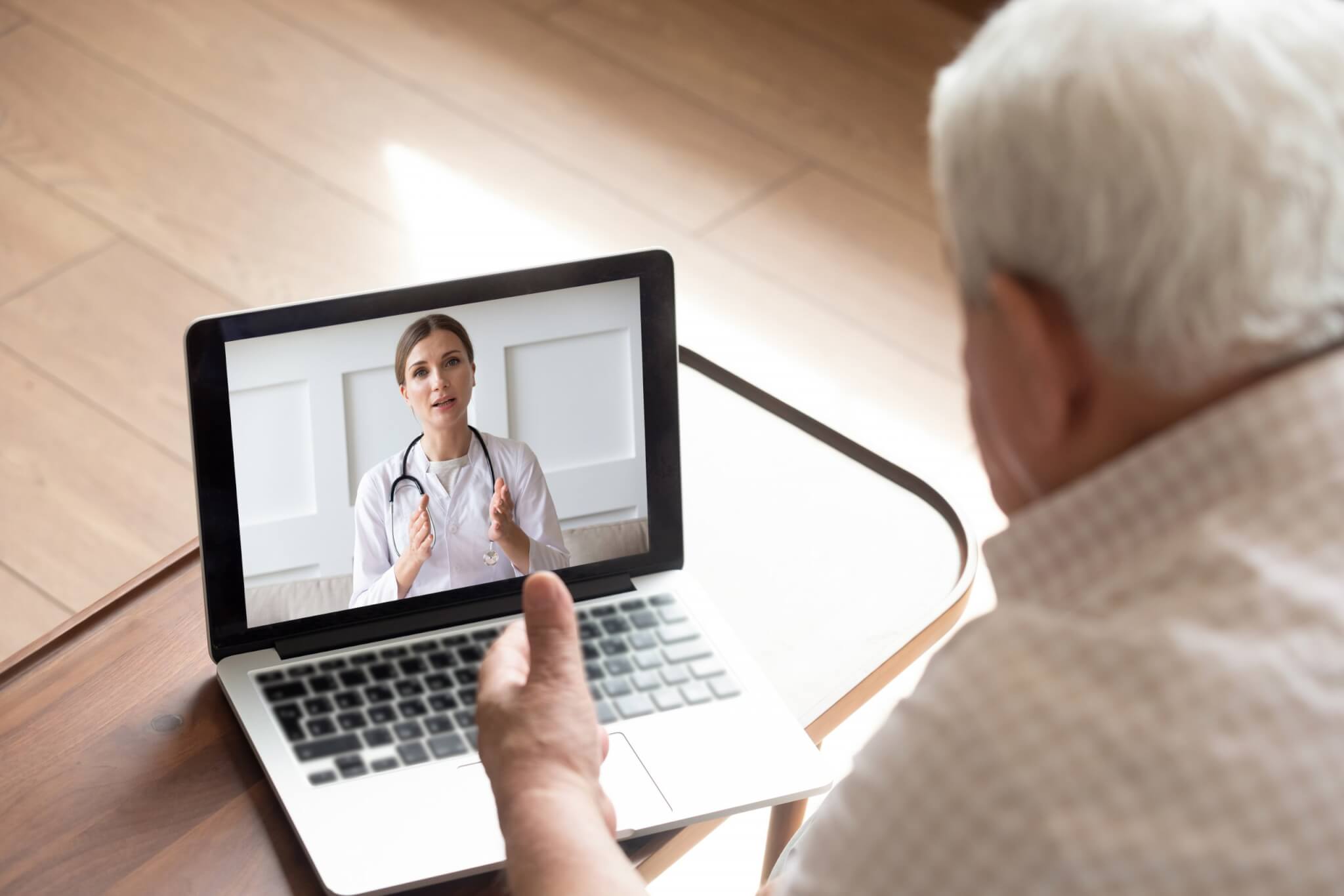Ways to Cope and Take Care of Your Mental Health During Coronavirus
As the world copes with Coronavirus (COVID-19), we are all introduced to new routines and some of us do not like change. Whether that description fits you or not, you’re likely to benefit from a few tips to tend to your mental health during this time of crisis.
“A lot of people are really anxious right now, and we have to get creative to get through this,” said Dr. Berney Wilkinson of Psychological Associates of Central Florida. “We’ve started to implement teletherapy — video and phone therapy. There was a bit of a hang-up because insurance companies don’t consistently reimburse for that, but now they are. I’m not a big fan of it, but it’s what we have to do.”
Peace River Center has a Mobile Crisis Response Team (MCRT), a free 24-hour community resource available to anyone experiencing emotional distress due to COVID-19. To reach its free 24-hour Crisis Line, call (863) 519-3744 or (800) 627-5906.
Helping Employees
Kirk Fasshauer, Peace River’s director of Crisis Response Services, said business owners and managers can help employees by connecting them to resources and benefits, along with keeping them updated on future plans.
“If the long-range plan is to rehire, keep people informed with regular meetings or emails with clear, concise and correct information about the situation.”
Wilkinson said states are beginning to offer different programs and services, such as low-interest loans, that some people might want to take advantage of.
Advice to Get Through This
With a safer-at-home order in effect until April 30, the counselors offer advice:
If you’ve lost your job, Fasshauer suggests:
- Talk or write about it to release pent up emotions that could prevent you from moving forward. “The emotional aspect of job loss through no fault of your own can drain a person. Some ways a person can skillfully handle the emotional challenge can empower and build resiliency.”
- Engage in practical necessities, such as applying for benefits and healthcare insurance, he said. “Set up a routine where these are scheduled activities. Make this your ‘new’ job for now. Take breaks and step away from it from time to time to clean your thinking.”
- Reach out to others who are in a similar situation. “Use those connections to share your experiences emotionally and pool resources to locate the next job opportunity.”
- Reflect on a possible career change. “What are your strengths? Re-evaluate your skills and venture to learn some new skills during this time. Be open to unexpected opportunities that may present themselves.”
If you’re working from home, Wilkinson said:
- Keep your usual routine. “Crisis disrupts us; we’re out of sync with our typical daily lives. Get back to a routine. Go to bed about the same time, get up about the same time, eat meals at the same time.”
- Find ways to take care of yourself. “If you can’t go to the gym, find other things that are healthy and important. Eat well, get enough sleep. Find creative ways to exercise.” For instance, you can find aerobic instruction on YouTube. “Stay fit and active; keep moving. Since this is a respiratory illness, it is really important to do things to keep your cardiovascular system up and working and effective. Don’t get fatigued and stale.”
- Try not to become overwhelmed by the news. We are used to hurricanes and tornadoes, which are local, contained and have a beginning and end. “This is local, state, national and international. The news keeps coming in waves and there’s no escaping it. Unplug for at least a couple hours a day, even if it’s 30-45 minutes here and there.”
Keep Stress in Check
The more people can keep their mental and physical health in check, the more they will be able to deal with the stress associated with coronavirus, Wilkinson said.
“When under stress, we know how it affects our mental health. It makes you feel down, more prone to depression and anxiety. It also creates inflammation in the body that makes us more susceptible to illness, disease and viruses,” he said.
Wilkinson said the most important things are these:
- Don’t panic.
- Do the “safe things you can do to take care of yourself.”
- Be in the present. “Be in the moment. Take time to pause and just be. Meditation and yoga are great ways to combat stress and that overwhelming feeling.”
Fasshauer added:
- “Know that feeling stressed, depressed, guilty or angry are normal reactions to unusual situations.”
- Avoid excessive amounts of caffeine and alcohol.
- Eat healthy food and drink water.
- Get rest, sleep.
- Pace yourself between stressful activities. Go for walks.
- Talk about your feelings with loved ones and friends.
“We are accustomed to addressing our physical health. Our mental health is deserving of the same type of attention,” Fasshauer said. “Small breaks, walks outside, moments of ‘silliness’ go a long way to keeping us mentally healthy as well as physically healthy.”
If you need help, call Peace River Center or check with your company or health insurance to see if they offer an Employee Assistance Program (EAP). Most programs allow about a half dozen free visits to counselors or psychologists in the plan.



